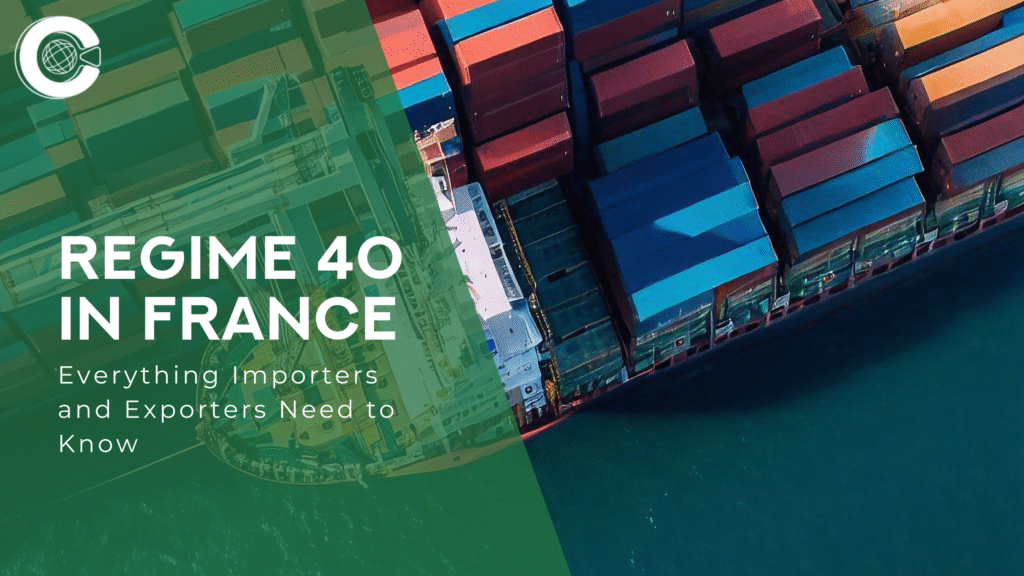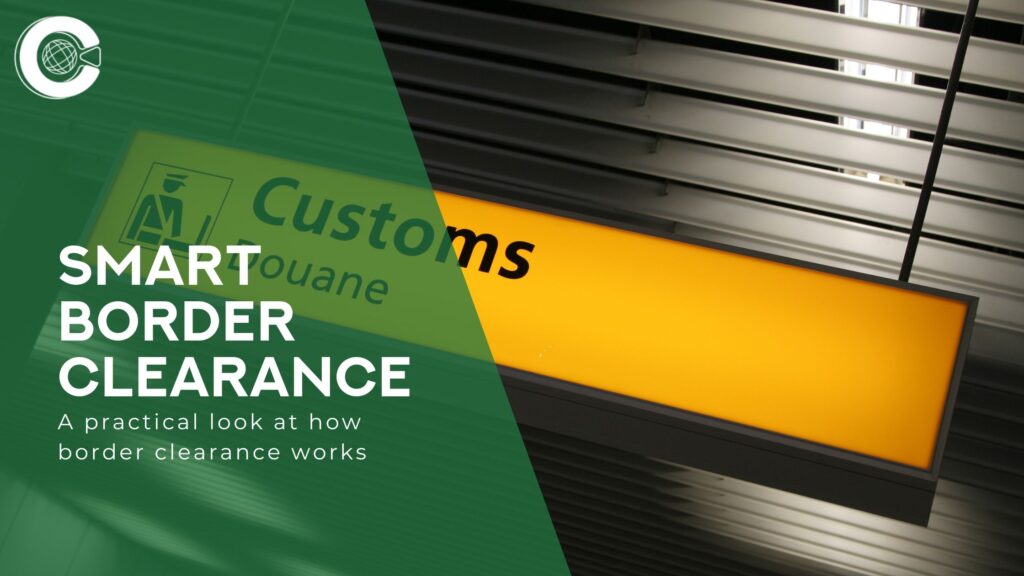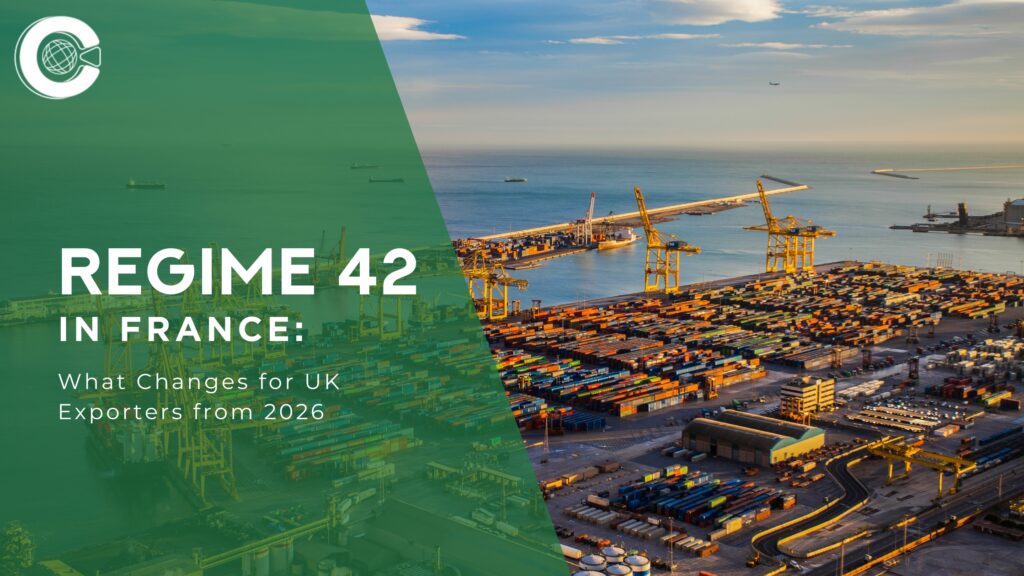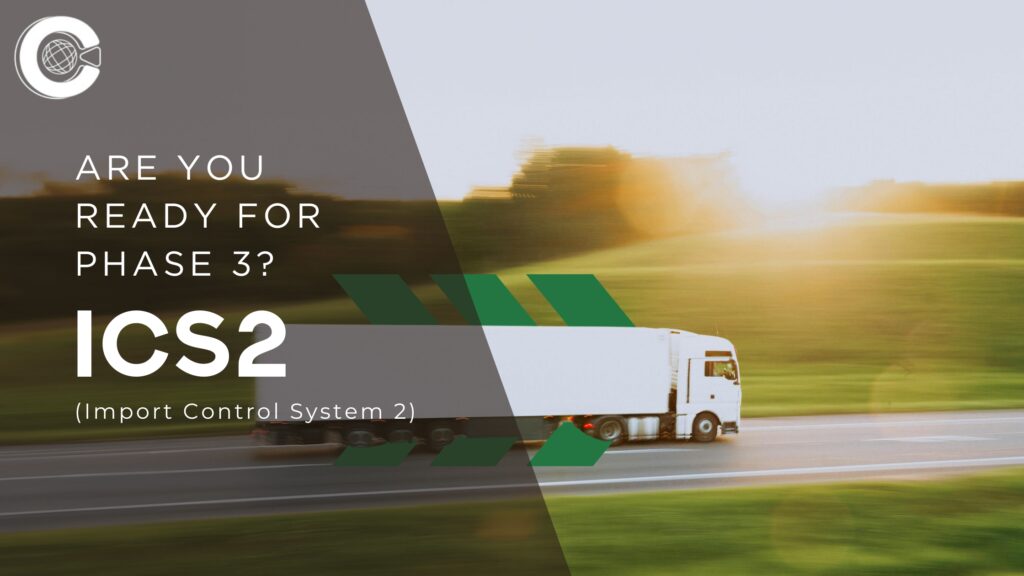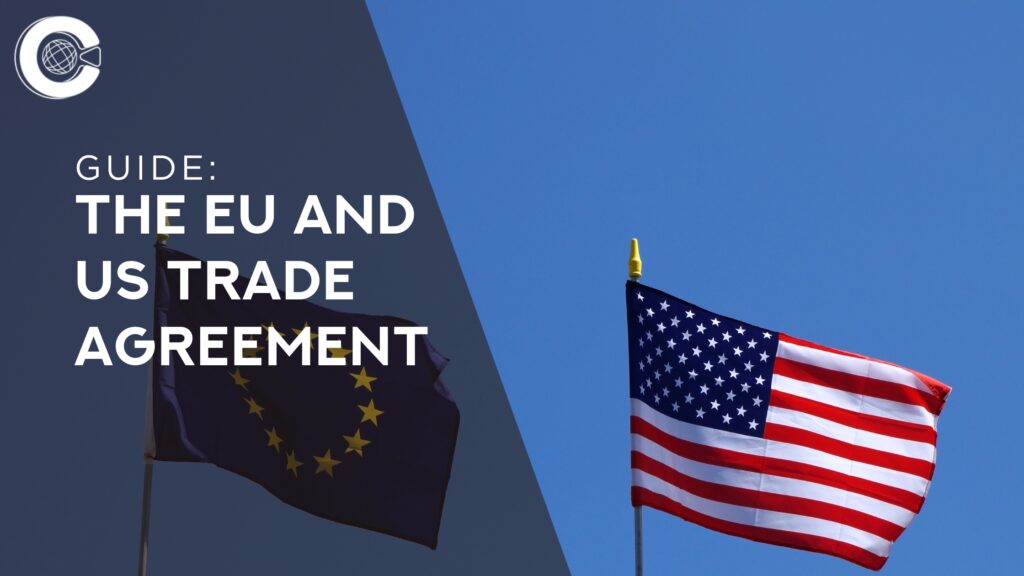Nairobi Protocol for Medical Devices
Are your medical devices eligible for duty-free entry into the United States under the Nairobi Protocol?
This mechanism is implemented through the U.S. Harmonized Tariff Schedule (HTSUS) and applies to articles specially designed or adapted for persons with permanent or chronic disabilities.
In our latest blog, we explain how the Protocol works, which devices may qualify, what documentation exporters should prepare, how binding rulings operate, and the regulatory steps to consider before exporting.
If your company exports medical devices to the U.S., our team provides guidance on classification, documentation, and compliance with customs and FDA requirements. Contact us today!
Nairobi Protocol for Medical Devices Read More »


